Iran and Turkey strengthen their cooperation in times of pandemic
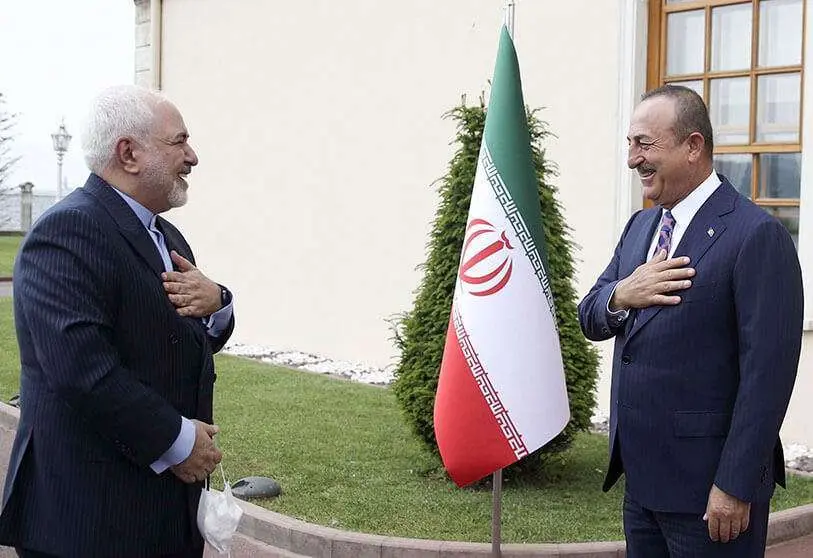
The Governments of Iran and Turkey have defended stronger bilateral cooperation despite their political differences. While the Islamic Republic has a strategic position in the Persian Gulf and the Strait of Hormuz, Ankara controls the Bosphorus Strait. This strategic location has created a solid basis for energy cooperation between the two powers. However, these two nations have taken different positions on various regional issues, such as the civil war in Syria. Even so, the Islamic Republic's foreign minister, Muhammad Javad Zarif, announced on Monday that Iranian gas exports to the Eurasian nation would resume at the end of June. "The COVID-19 pandemic has shown that the entire world is interdependent and that unilateral policies cannot be the solution to international problems," Zarif said after meeting with his Turkish counterpart, Mevlüt Çavuşoğlu.
"The coronavirus has shown us that the major powers are powerless against the emergence of a virus and that they cannot cope. The idea that some can lead the world is a misconception," he said during his speech, according to statements collected by the Iranian news agency Mehr. Iran has large reserves of oil and natural gas, in addition to being a founding member of the Organization of Petroleum Exporting Countries (OPEC) and the Forum of Gas Exporting Countries (GECF). However, Ankara has limited deposits of these resources and is largely dependent on foreign supplies to meet its energy needs.
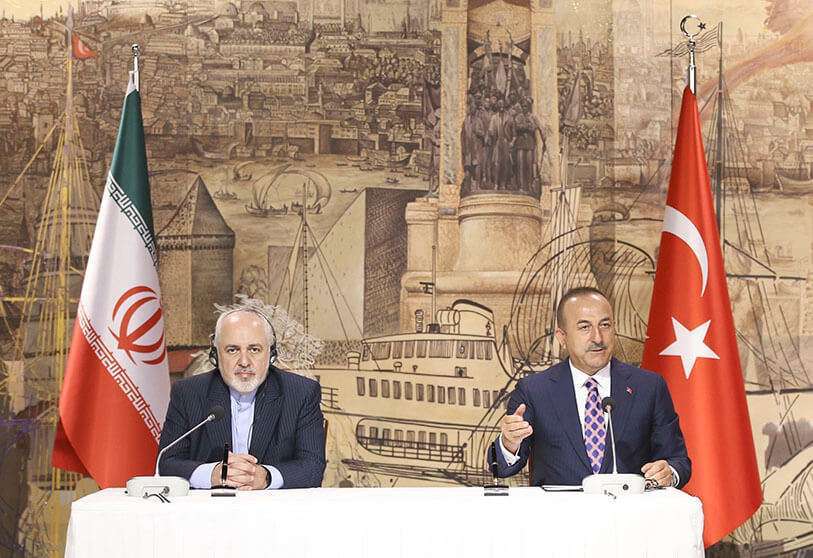
Flows through the Iran-Turkey gas pipeline were interrupted in late March following an explosion subsequently claimed by the Kurdistan Workers' Party (PKK), which has attacked these facilities at least eleven times, according to S&P Global, a leading independent provider of information and analysis of energy and commodity markets. Turkey imports gas from Iran under an agreement signed in 1996. Since then, disagreements over the terms of the contract and the resulting cuts in supply have forced both powers to resort to international arbitration.
The Turkish government announced last Sunday that it was postponing the meeting with the Russian defence and foreign ministers that was to be held in Istanbul to discuss the civil war raging in Libya, in which both countries are present supporting opposing sides. At the same time, the Iranian foreign minister landed in Ankara with the aim of further strengthening diplomatic relations with this country. "Relations between Tehran and Ankara are close in several areas, but require further consultation," Zarif said, according to the ISNA news agency.
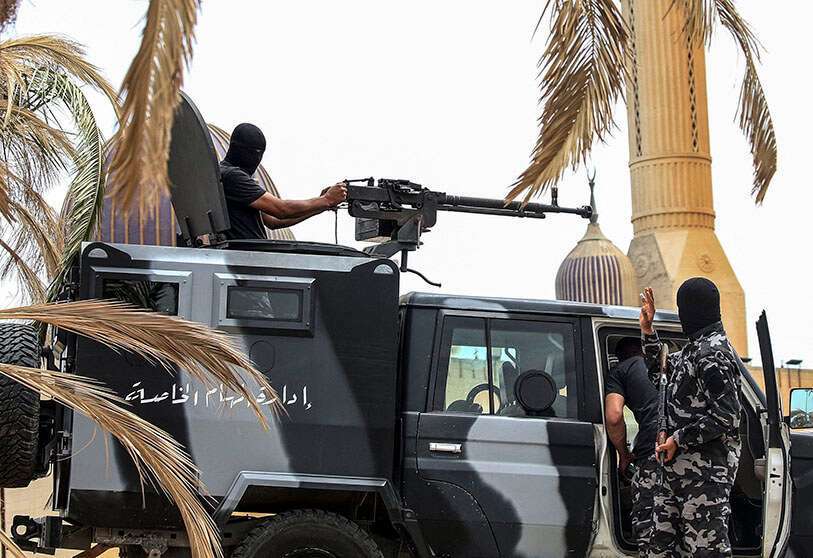
In response to speculation about the cancellation of the meeting between Moscow and Ankara, the Turkish foreign minister has announced his intention to continue making progress in negotiations with Russia to reach a lasting ceasefire in Libya. "In order to achieve a lasting ceasefire in Libya and to plan detailed measures to be taken afterwards, we have decided that it will be better for all concerned to continue discussions at the technical level," said Çavuşoğlu. "What we cannot have is just two parties, Russia and Turkey, meeting and agreeing on the issues. We have to consider what the Libyans are saying. We cannot unilaterally announce a ceasefire," he added, according to digital Ahval News.
The conflicts that are affecting countries such as Afghanistan, Libya and Yemen have also been the subject of debate at this meeting. "Iran and Turkey are seeking a peaceful solution for Yemen. We also discussed the latest issues in Libya. The two countries share common views on this country and we hope that the suffering of the Libyan people will end as soon as possible", he said.
During the meeting, Ankara reiterated its opposition to the unilateral sanctions imposed by the United States against Tehran. "Unfortunately, the United States has a very bad record during the coronavirus pandemic. They continued their sanctions against Iran, even more intensively and with the aim of hitting the Islamic Republic," Zarif said at the end of the meeting. "The stability and peace of Iran is important to us. We oppose unilateral sanctions. In fact, the pandemic has taught us that the world needs greater cooperation and solidarity," said his Turkish counterpart.
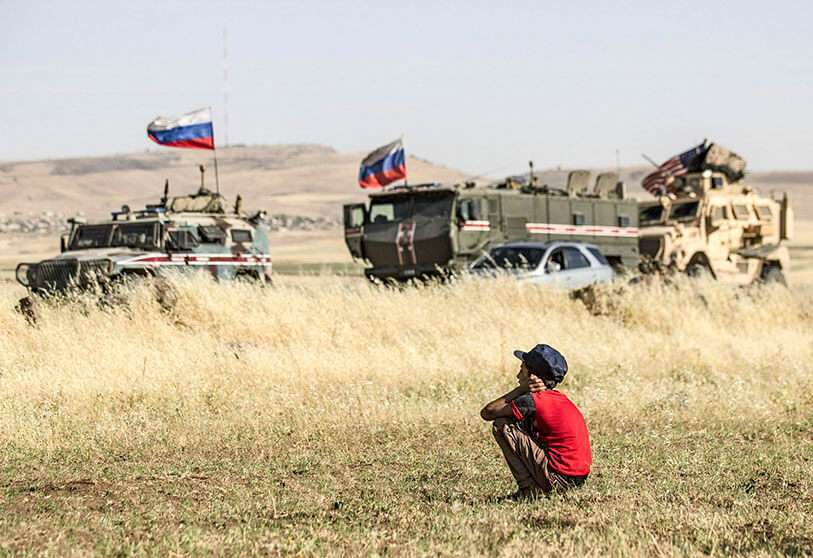
Also during this meeting, the top diplomatic representatives of both countries discussed several issues with bilateral trade tariffs and other issues related to economic cooperation. "We also agreed to hold the Astana Summit virtually in the coming weeks and then to hold a face-to-face meeting in Tehran as soon as possible," Zarif said.
"The dialogue between Iran and Turkey is in everyone's interest, and we need to bet on our neighbours at the regional level to fight instability, extremism and terrorism," stressed Zarif who welcomed the Turkish government's efforts to resume the transfer of natural gas at the end of June.
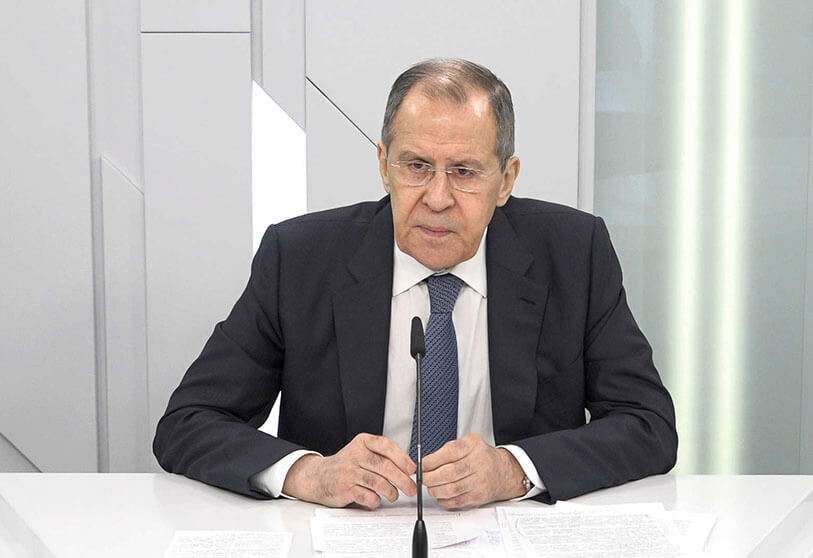
On the other hand, the Turkish Minister of Foreign Affairs, Mevlüt Çavuşoğlu, has said that the flights to Iran, suspended since the end of February to avoid the propagation of COVID-19, will resume on August 1. Some 1.37 million Iranian tourists visited Turkey during the first eight months of 2019, representing 4.4% of all international arrivals in the country, according to the Tehran Times.
After holding two rounds of negotiations with his Turkish counterpart, Mevlüt Çavuşoğlu, to hold talks on a series of bilateral, regional and international issues, the Iranian Foreign Minister has travelled to Moscow to discuss the state of relations between the two nations. Russia and Turkey agreed on March 5th to a new cessation of hostilities in Idlib, the last rebel stronghold in the country, to end the growing tension in the region after the death of around thirty Turkish soldiers on Syrian soil.








